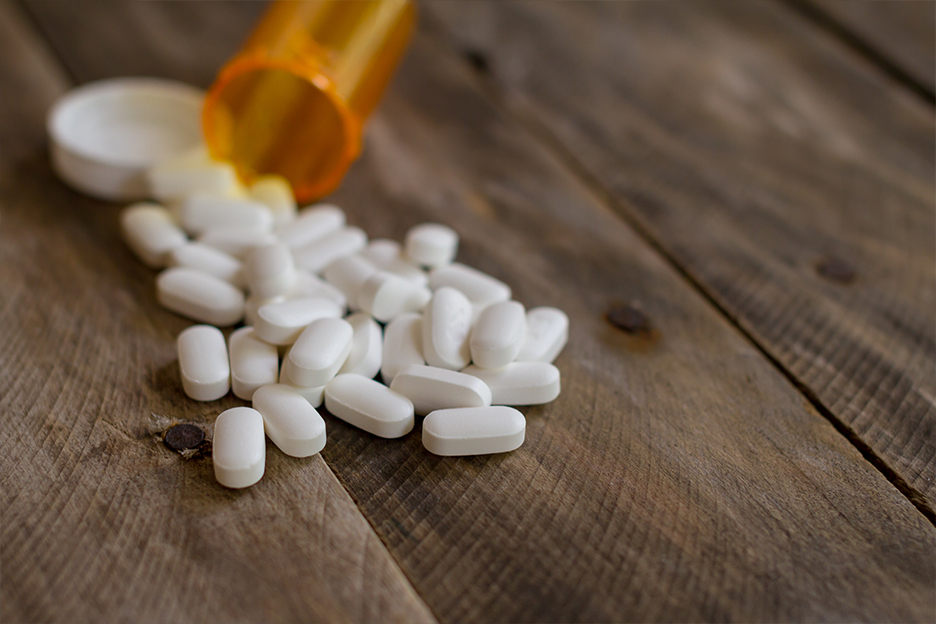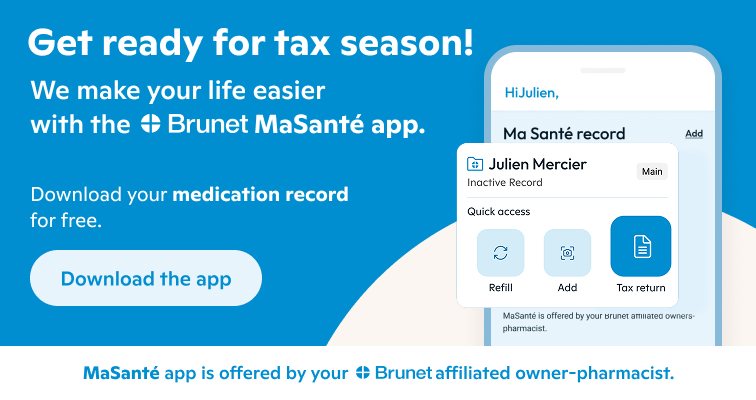Over the past few years, opioid addiction has caused quite a stir across the country. While being worried or preoccupied by this public health crisis is perfectly understandable, demystifying opioid addiction can help us understand it better. Doing so may even save lives! Read on to learn about a few myths and truths.

1
Opioid tolerance and addiction are one and the same
MYTH.
These are two very distinct things.
Opioid tolerance happens when you take a narcotic on a regular basis and have grown used to its benefits. This kind of tolerance is not all bad, as it may reduce certain side effects, such as nausea or dizziness. However, people who develop a tolerance to opioids can be tempted to increase their dose to get the same pain relief as when they first started taking the substance.
In some cases, taking opioids may result in a physical addiction. This is normal and even expected. For this reason, you may need to reduce your dosage gradually to avoid experiencing withdrawal symptoms when you stop taking the medication.
A different phenomenon occurs when the euphoric effect (more commonly known as the high) leads the user to abuse the substance. This psychological addiction is just as likely to occur whether a person uses prescription or black-market opiates. It creates uncontrollable urges to use the drug, which leads to the risk of potentially fatal overdoses. The amount of time it takes to develop an opioid addiction varies greatly from one person to the next.
2
The risk of developing an opioid addiction is the same for all narcotic users
MYTH.
The likelihood of developing an addiction to opioids or any other substance varies greatly from person to person. Several factors can influence this addiction, including the following:
- A personal history of smoking and substance abuse
- A family history of substance abuse
- Mental health problems, such as depression, post-traumatic stress disorder, and anxiety
- Certain psychological or emotional problems
- Having a criminal record and a history of incarceration
- Age (being under 40)
- Having severe pain
Think you might be at risk of developing an addiction? Consult a health care professional!
3
Certain signs can help determine a person's opioid addiction level
TRUTH.
People who use opiates may adopt certain behaviours that can help assess their level of addiction. Therefore, it's important to remain vigilant and keep an eye out for these signs. Doing so makes it easier to identify and prevent potential problems related to addiction.
Here are a few potential signs that someone you know is struggling with an opioid addiction:
- They are taking more pills than originally prescribed, for longer than expected.
- They want to reduce their dosage, but they can't.
- They spend a lot of time trying to get their hands on opioids, taking them to get high, and then recovering from that high.
- They have an uncontrollable desire or compulsion to use.
- They often miss work or school and don't meet their responsibilities because of their drug use.
- They keep using even though their opioid abuse is harming their relationships.
- They use opioids even when there are safety risks involved (e.g., while driving or caring for a young child).
- They have withdrawal symptoms when they stop using (sadness, depression, nausea, muscle pain, diarrhea, yawning, insomnia, etc.).
If you or someone you know is exhibiting one or more of the signs listed above, don't hesitate to get help.
4
Opioid addiction can be treated
TRUTH.
Anyone who uses narcotics is at risk of developing an addiction. Fortunately, there is treatment available to help people who can't stop on their own. This treatment is made up of three stages.
-
Medication
A doctor may prescribe medications such as methadone or buprenorphine/naloxone to prevent withdrawal symptoms and help reduce uncontrollable urges to use opioids. When these medications are prescribed by a doctor and used properly, they are safe and effective. They also relieve pain without causing euphoria.
-
Psychosocial interventions for substance use disorders
People struggling with a narcotic addiction need someone to talk to along with empathy, support, and guidance to get through it. Psychosocial counselling often helps them better understand their addiction issue and stop using opioids on a daily basis.
-
Support groups
Finally, support groups such as Narcotics Anonymous allow people in need to share their experience in a judgment-free environment with people who are going through something similar. These resources allow them to feel heard and provide a source of comfort and inspiration that helps them change their lives.
We're here to help
Many opiate users worry that they may develop a psychological addiction. While this fear is legitimate, keep in mind that the risk of developing an addiction remains low and that there are a number of resources available to help you should you need them.
Need more information about opioids and their effects?
Visit your local Brunet pharmacy and talk to one of our pharmacists. They'll be happy to answer any questions you may have.
